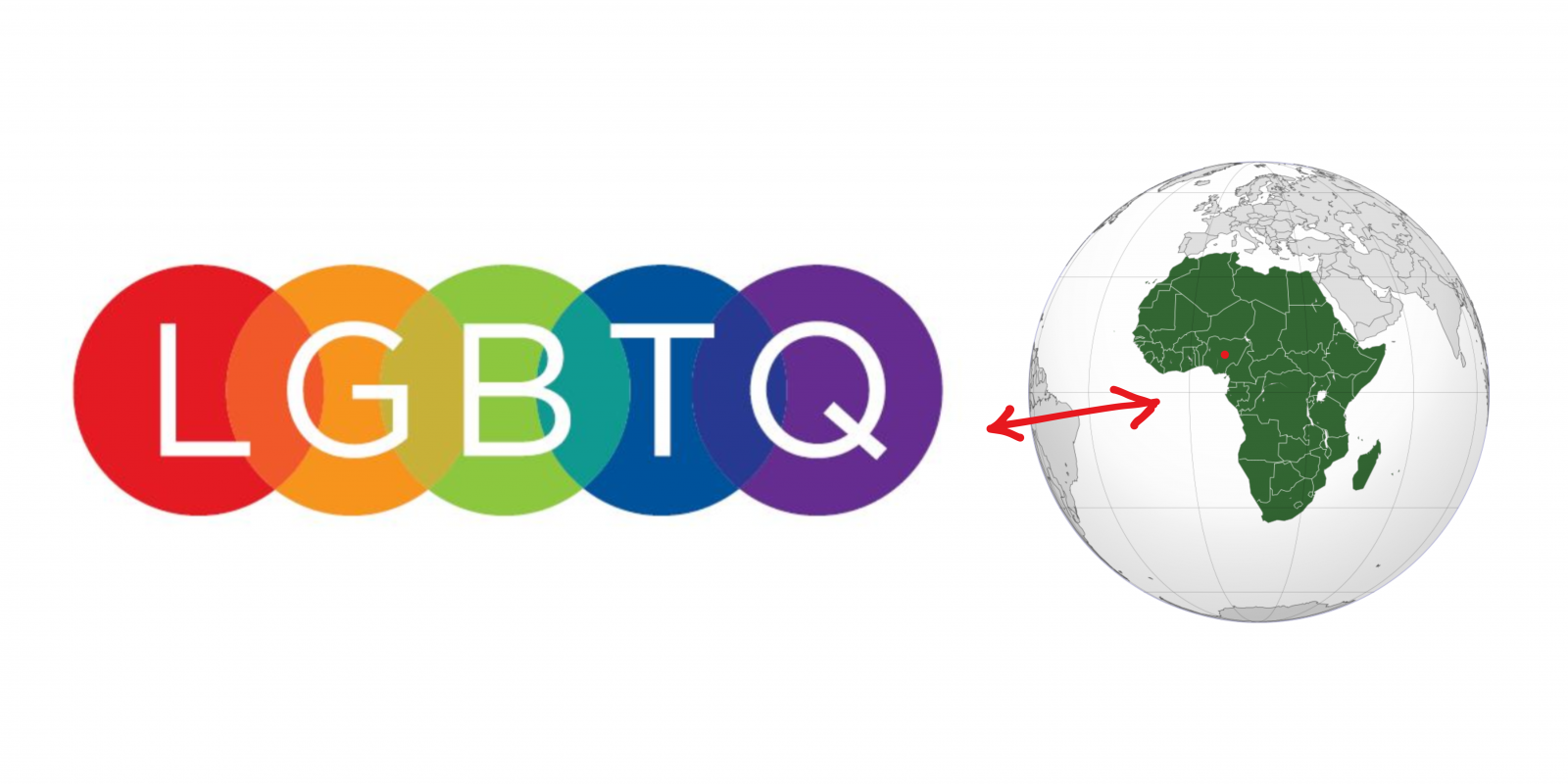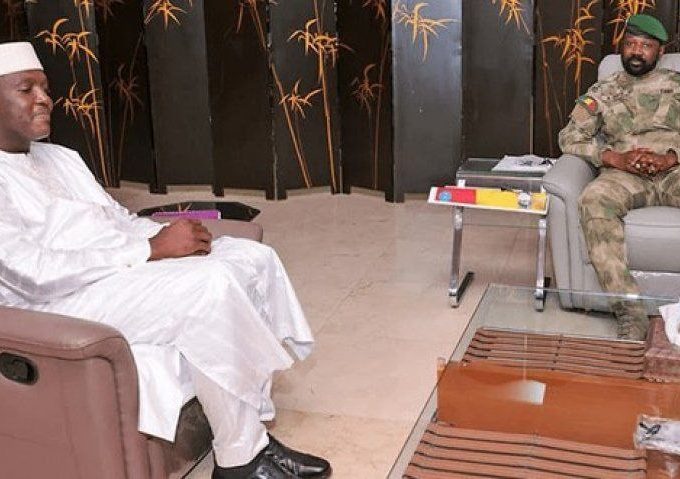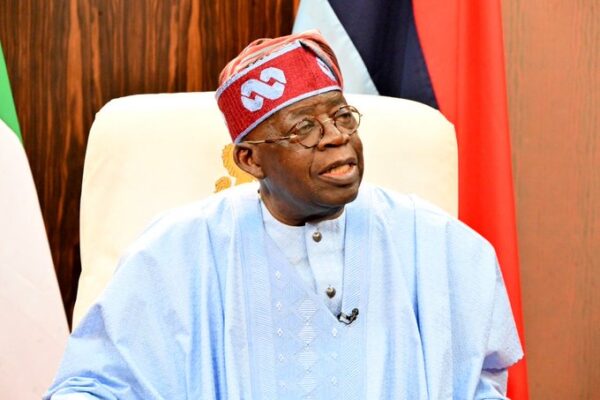

The representatives of a coalition of civil societies in Nigeria on Monday publicly warned the Federal government of Nigeria against signing the EU-ACP agreement because it promotes lesbian, gay, transgender, and queer (LGBTQ) practices. Sonnie Ekwowusi, the chairman of the African Bar Association’s Human and Constitutional Rights Committee, considers the move as a means to impose the European Union’s queer rights agenda on African, Caribbean, and Pacific countries.
CSOs warn the Nigerian government not to sign the EU-ACP agreement. The heads of ACP states and the Federal Government are being advised by a coalition of civil society organizations (CSOs) not to support the EU-ACP Partnership Agreement between the EU and the ACP countries. The Human & Constitutional Rights Committee, African Bar Association, Parents Watch Initiative, and Zarephath Aid are among the groups requesting that the corresponding legislatures and parliaments abstain from ratifying a treaty that they view as “deceptive.”
The CSOs argue that signing the Lesbianism, Gay Marriage, Bisexual, Transgender, and Bisexual (LGBT) pact on November 15 by ACP governments would be a bad idea for the countries involved if they give into pressure from the European Union. They contend that the goal of the agreement is to encourage the acceptance of homosexuality and LGBT rights in these countries.
They contend that the main goal of the agreement is to encourage these nations’ acceptance of homosexuality and LGBT rights.
Notably, the ACP lawmakers and leaders fiercely opposed the signing of the LGBT agreement, and previous talks between EU and ACP ministers in Brussels on November 28, 2022, and from June 19 to 28 this year, resulted in an impasse.
Sonnie Ekwowusi, the chairman of the African Bar Association’s Human & Constitutional Rights Committee, voiced concerns regarding the agreement’s misleading language during a recent press event. He emphasized that the deal is designed to force the LGBT agenda of the EU on ACP countries, and he urged them not to sign it. Ekwowusi emphasized the necessity for unanimous agreement while pointing out the possible inconsistency with the national sovereignty and constitutions of the ACP members. He made the point that a treaty signed by political leaders in Nigeria does not become enforceable until it is confirmed and adopted by the National Assembly, by the country’s legal system. But Ekwowusi contended that once the accord was ratified, its deft phrasing might immediately take precedence over national laws, making LGBT rights the new law in these nations.
This controversial agreement, since its announcement, has made netizens take to social media to express the danger of same-sex marriage to kids who do not understand how consent works. This move also emphasizes the need to maintain cultural values, family structure in Africa and traditions without the involvement of Western culture, which posts compromises on African values to sexuality.
About The Author
Mayowa Durosinmi
author
M. Durosinmi is a West Africa Weekly investigative reporter covering Politics, Human Rights, Health, and Security in West Africa and the Sahel Region
Mayowa Durosinmi
M. Durosinmi is a West Africa Weekly investigative reporter covering Politics, Human Rights, Health, and Security in West Africa and the Sahel Region
4 Comments
Leave a Reply Cancel reply
Related Articles
Malian Prime Minister Presents 2025 Government Report, Pledges Stability and Reform
Mali’s Prime Minister, Major General Abdoulaye Maïga, has presented the government’s 2025...
ByWest Africa WeeklyMarch 2, 2026Bola Tinubu Administration Accused of Enabling Terrorism as NSA Nuhu Ribadu Pushes Terrorist Reintegration with Western-Funded Ex-Fighter Programs
The administration of President Bola Tinubu is running the country on autopilot...
ByWest Africa WeeklyMarch 1, 2026Zimbabwe Rejects $350m US Health Deal Over Sovereignty Dispute
Zimbabwe has formally withdrawn from negotiations on a proposed $350 million health...
ByWest Africa WeeklyFebruary 25, 2026Niger’s President Outlines Vision for Strategic Partnership with China
Niger’s Head of State, General Abdourahmane Tiani, has articulated a renewed vision...
ByWest Africa WeeklyFebruary 25, 2026












You would think the religious fanatics in this government would be the first to kick against such a pact.
Of course, it’s all the usual choleric fundamentalist hypocrisy. They have no conviction, no standards, no worth.
All they seek is power.
I see people talking about how horrible the agreement is but I’m yet to see anyone point to specific sections of the agreement regarding sexual orientation and what they say that is so bad.
It’s disappointing that these so-called human rights organizations and Nigerian media don’t think that the public ought to have this information to judge for themselves.
And also:
“… netizens take to social media to express the danger of same-sex marriage to kids who do not understand how consent works.”
A very odd. I’m very certain that if you contrasted countries where same-sex marriage is legal with those in which it is illegal, the former would beat the latter on every metric – whether in macroeconomics or welfare.
How about moral metrics?
Alright, should we use the metric of interpersonal trust in which countries with legal same-sex marriage surpass those without as a proxy?
Or maybe crime where we have higher rates than them?
Or should we use the ranking of these countries on corruption indexes where again they do much better than us?
Legalizing same-sex marriage does not make a country “more moral” and neither does criminalizing or not legalizing it.